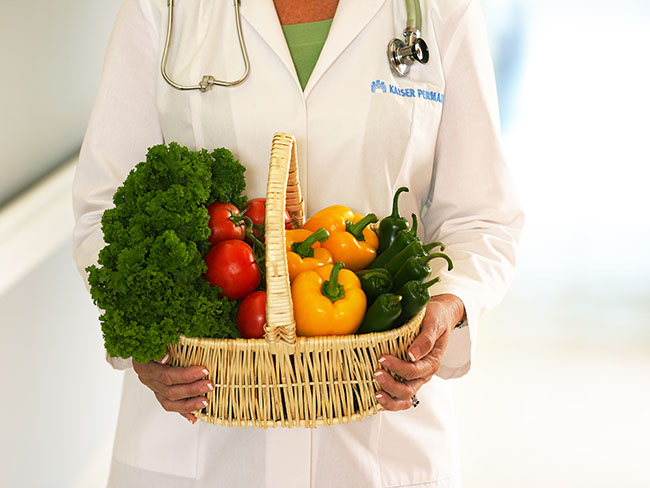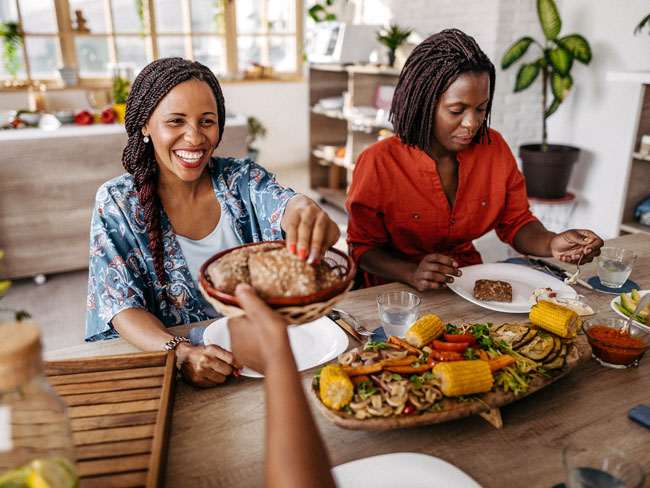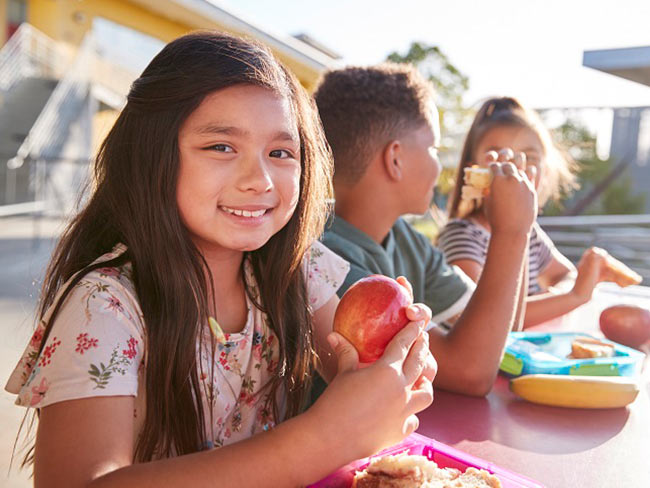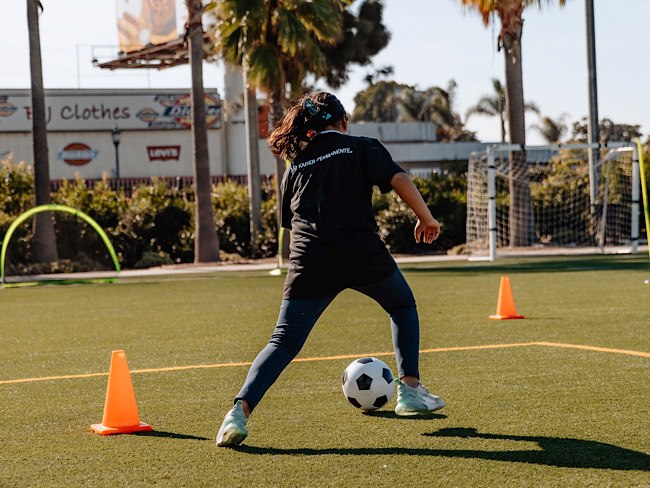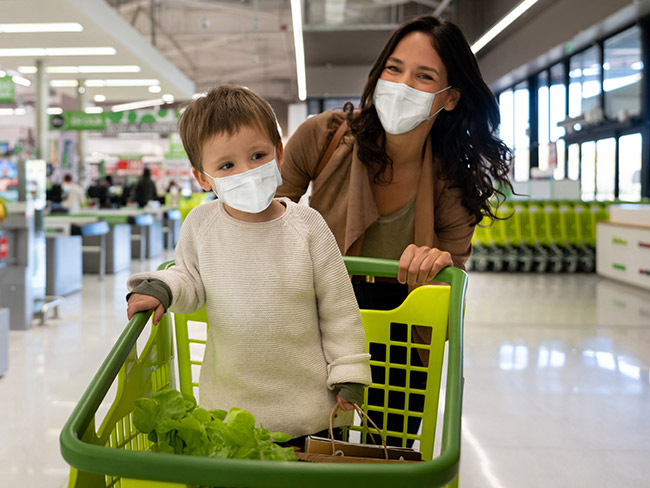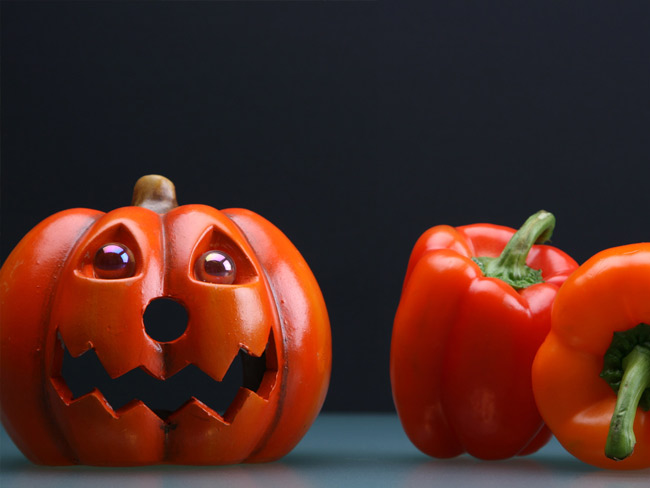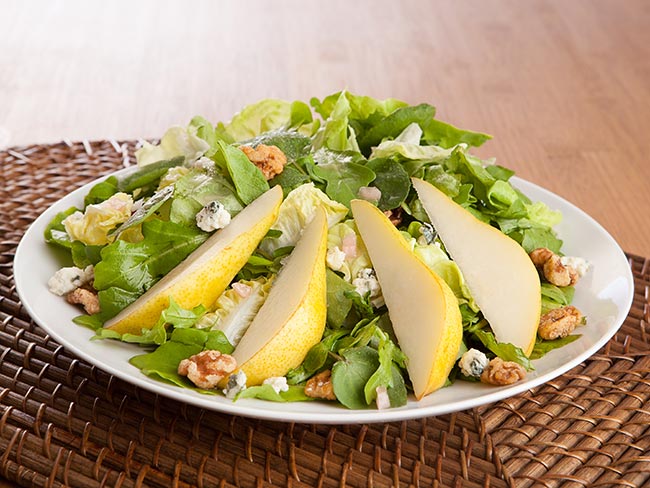ABCs of gardening with kids
Young people can learn a lot and have fun growing food.
Working in the garden can encourage kids to eat more vegetables.
Gardening with kids can introduce them to healthy food in a fun way.
Young people may be more likely to try vegetables they’ve grown on their own.
Regardless of the time of year or the weather, there’s usually something you can grow in the ground, in pots, or even in a windowsill.
“My kids get so excited when they can see their plants grow — especially when it’s time to pick the vegetables,” said Allison Collins, MD, a pediatrician who now works as a lifestyle medicine specialist for Kaiser Permanente in Santa Clara, California. “Involving them in this process definitely gets them much more interested in eating the vegetables!”
Here are some easy steps to start gardening with kids.
Grow what they like
First, ask the children what foods they want to grow. They will be more interested in the process if they are working on something they like.
Make a plan
Figure out which foods on their list will work in your space. If you have a sunny yard with warm weather, you have tons of options, including tomatoes, peppers, eggplant, and melons.
Herbs and leafy greens like lettuce and arugula work better if you’re growing in a smaller, shady area. Also try basil, mint, rosemary, and mixed greens.
Gather your supplies
For planting pots, you can repurpose empty food containers. Clean them and add holes so water can drain out.
You may also find free flowerpots in neighborhood groups. You’ll also need soil.
You can buy seeds or baby plants which are sometimes called “seedlings” or “starts” that have already begun to grow.
Read directions
If you’re growing from seed, read the package for directions. The package will let you know how much sun and space you’ll need.
Plant some easy wins
Radishes can be ready to eat within 30 days of planting. Leafy greens like spinach and lettuce can be ready in a few weeks. It will keep kids’ interest if they can harvest and eat something in a short period of time.
Make it a science lesson
Share how seeds need water and sunlight to grow into plants.
Show how plants grow toward the sun. Examine critters that try to eat the plants.
Enjoy your harvest
“You can use the vegetables you harvest in salads and many garden-inspired recipes, such as lentil and mixed vegetable soup,” Dr. Collins said. “Eating more plant-based meals can have a positive impact on your health and the environment.”
Get more recipes for plant-based meals and snacks from our doctors, nurses, and dietitians.
